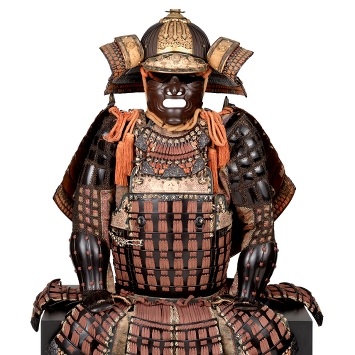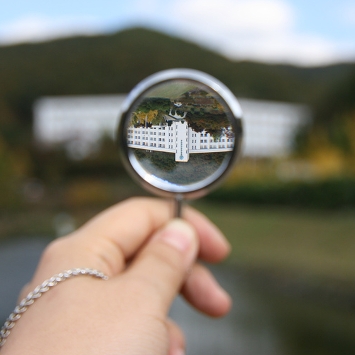Respect for the rights of others occurs, as a first condition, when we are able to respect ourselves. The second condition, no less precious, is active listening. In this article we explain how this respect is articulated and its effects.

Last update: 24 March, 2022
Few ethical, social, and even moral values are as important as learning to respect others. However, we live in that world where there is no shortage of those who say with complete conviction that respect must be earned.
They say and defend this idea as if this dimension did not represent the backbone of every relationship, as well as an almost inviolable right with which we all come into the world.
Respect, in fact, is the most powerful ingredient for a happy life. Because those who learn to respect themselves and others are capable of giving shape to a fuller, more empathic and meaningful coexistence.
However, and as Albert Camus, famous French writer, philosopher and journalist said, we have created a society in which respect that is based only on fear abounds.
We respect the one who has the power because he is above us and we fear the consequences of challenging him. This reality, added to many others, means that do not conjugate the verb "to respect" with adequate effectiveness.
We make emotional spelling mistakes that affect our relationships, create distances, and make it difficult to build a genuine culture of respect.
Facilitating it, learning to build this important social and psychological dimension from scratch, requires training, above all, in a fundamental competence in the journey of life, that is, knowing how to listen.
Being bright isn't a big deal if you don't respect anything.
-Johann Wolfgang von Goethe-
To respect others, one must know how to listen
It is often said that the art of knowing how to respect others has two ways: when we appreciate and give visibility to the other, he does it with us too.
But in reality we should add a third way, no less important, that is the one that starts from oneself, through which to understand that valuing oneself is fundamental to valuing others as well.
Martin Seligman, a pioneer in the study of positive psychology, gives us an interesting warning about it. Self-esteem is the key to well-being and also facilitates our social relationships.
When we are comfortable with ourselves and respect ourselves, we interact much better with others. However, here is a nuance, too high self-esteem leads to narcissism and that exaltation of the self for which the temptation to go beyond the rights of others is imposed.
Guy Bondemanh, psychologist and professor at the University of Zurich, adds his contribution to this idea. In an interesting study, carried out in 2018, he pointed out that the cornerstone of respecting others is knowing how to listen.
And the ability to actively listen is usually performed by the person with healthy self-esteem and with an adequate level of empathy.
I listen to you to understand you, because to understand is to respect
Listening to understand, and not to respond, is the perfect formula for communicating. This phrase, which we have heard on more than one occasion, reflects an infrequent though desirable practice.
The ability to respect others always begins with communication. This is the basis of every relationship and where it is demonstrated, in essence, the ability or not of a person to preserve it. In light of this, these aspects are worth taking into account:
- If they don't listen to us, there is no respect.
- If there is no interest, there is no respect.
- In the case of an inflexible attitude, whereby no attention is paid to the reasoning of others and a wall is raised in front of each word, a lack of communication is also evident.
- Likewise, if there they listen but do not act accordingly, taking into account the needs and messages issued, there is no respect.
Respect is accepting the individuality of the other
When we teach a child to respect, we usually just say what shouldn't be done: he shouldn't hit, take things from others, shout, push, etc.
Sometimes, in the child's mind there is an excess of prohibitions, to 'don't do this and don't do that'. However, the most appropriate thing in all cases would be reveal what needs to be done, what respect consists of and how it is applied.
- Respect is giving visibility to the other and realizing that everyone is different, unique and exceptional. Accepting differences is the secret of well-being
- Respect is knowing how to communicate. And to do it, a child must learn as soon as possible to listen, to observe, to connect with patience and interest in others through the use of empathy.
Conclusions
It seems obvious and easy, but in the adult world many try at all costs to be right and speak to answer without understanding.
In order to respect others, many first ask to be respected or trample on others, violating their rights, self-esteem and dignity.
Let's avoid these behaviors and remember that the culture of respect is the basis of our well-being and our happiness.


























